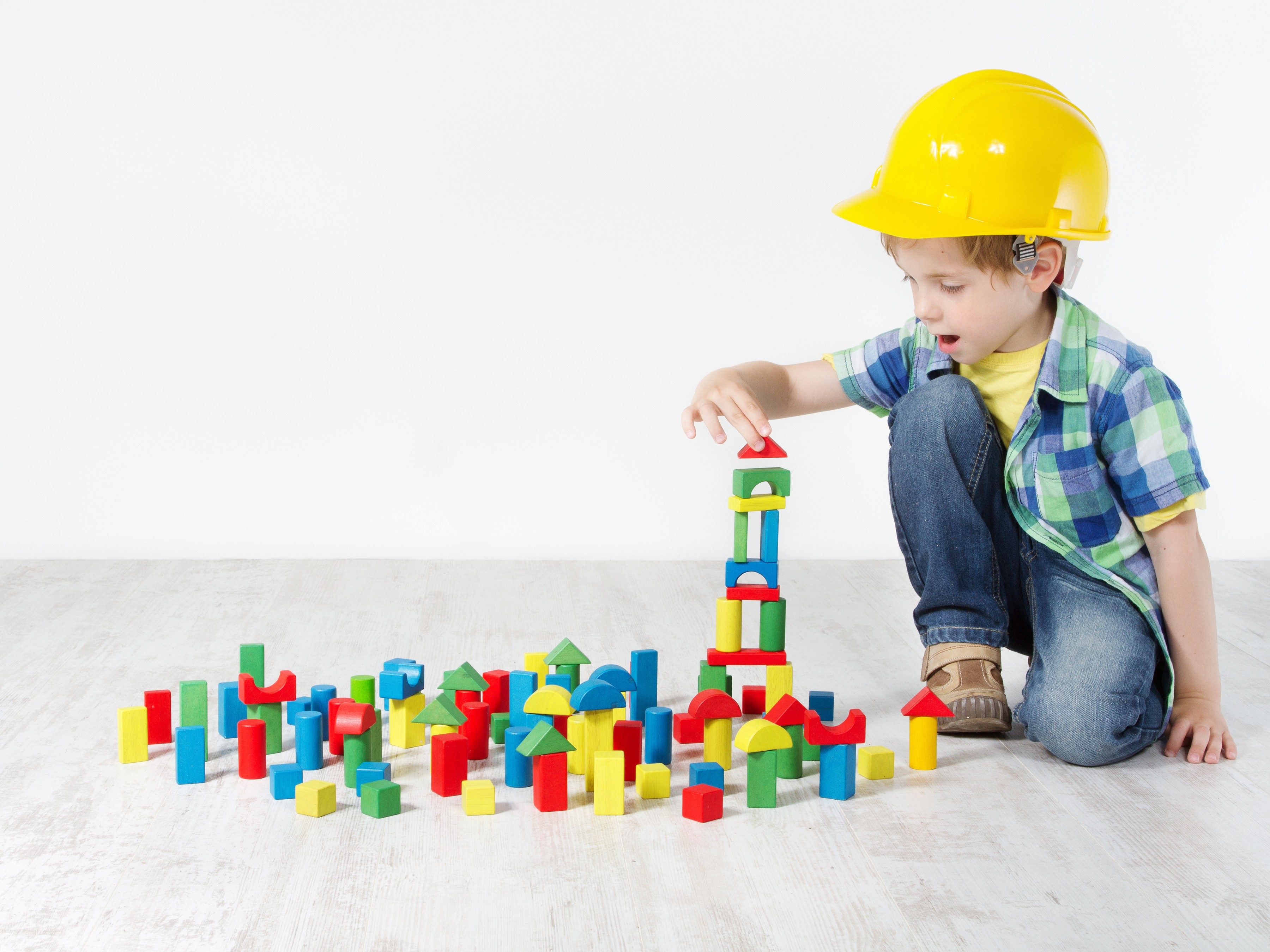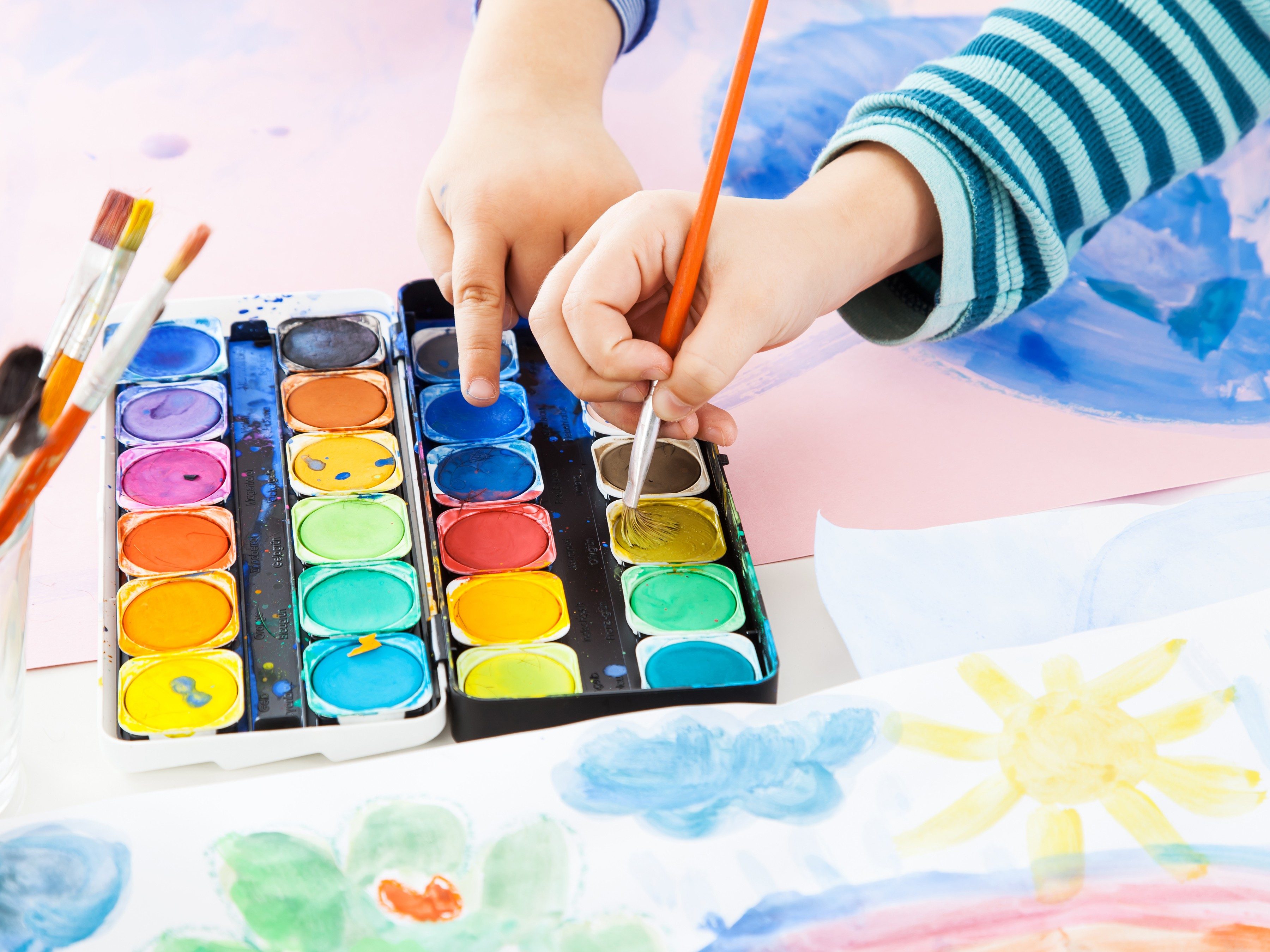
The benefits of free play
Think that six-year-old jumping in puddles is wasting time that would be better spent practising piano? Not really, it turns out. Since the late 1970s, research has illustrated a relationship between play and a multitude of useful skills. Studies show that less-structured activities (playing with sand, dress-up or doodling, say) are linked to improved cognitive functions, such as literacy and problem-solving skills, in kids.
Although scheduled activities like piano lessons can provide valuable learning opportunities, parents and caregivers shouldn’t underestimate the power of free play. In 2014, Frontiers in Psychology reported that children who spent more time playing freely became better at setting and reaching goals than those who mainly engaged in structured activities, such as sports.
“Kids need unstructured time for cognitive, social and creative development,” says Dr. William Ammons, a clinical psychologist in Bowmanville, Ont., who works with young people. He explains that, when children are given a task to perform, they focus on a goal. Those who are given free rein must develop skills to test limits, make decisions and practise social skills. “Kids need time for quiet reflection and purposelessness, which isn’t about putting a ball in a net,” says Ammons.

1. Free play helps kids build life skills
Children are playful by nature, so they don’t need a lot to get their imaginations going. Something as simple as a piece of fabric can lead to the invention of role-playing games that support psychological development. By learning to listen, take turns and share ideas, kids in free play are doing more than just pretending to be wizards or astronauts. Rather, they are experimenting with putting themselves in others’ shoes, thereby developing empathy and personal awareness that will serve them into their grown-up years. The experience can enrich their understanding of both the world and who they are.
Even parents who find their kids neglecting school work to mess around with games and toys should feel reassured. According to Ken Gardner, a psychologist and co-director of the Rocky Mountain Play Therapy Institute in Calgary, research increasingly shows that richer play opportunities go hand in hand with literary development. “By Grade 3, the ability to play is a better predictor of future academic success than current academic success is,” he says.

2. Free play helps kids tap into emotions
Play can have mental-health benefits, too. At Rocky Mountain, therapists use play to help children work out problems and heal from trauma. Kids who might have trouble communicating their experiences with words can employ toys, art supplies, music and movement to express themselves instead. While most of what kids do is based in language, play helps them communicate in other ways.
“Through play, children can better understand and regulate their emotions,” Gardner says. “It is used in a self-healing way. Those who act out experiences gain a sense of control of their lives.”

3. Free play builds healthy relationships
There’s value in ensuring kids have their own time to explore, but when caregivers are involved, the experience is even more powerful. Playing together makes children feel special and promotes bonding and communication.
Grown-ups should resist the urge to turn playtime into a school lesson, Gardner warns. “Instead, follow the child so you can be attuned and sensitive to [their needs] and strengthen your relationship.”
Is your child having difficulty making friends? Here are more ideas on how parents can help their kids’ social development.
Check out more expert parenting advice!
Explore Reader’s Digest Canada.